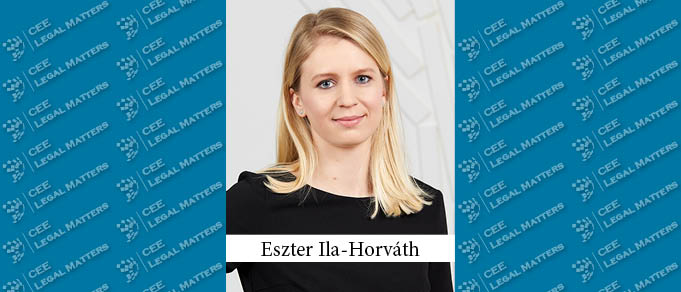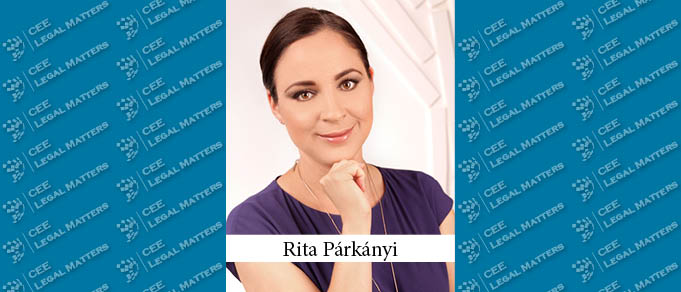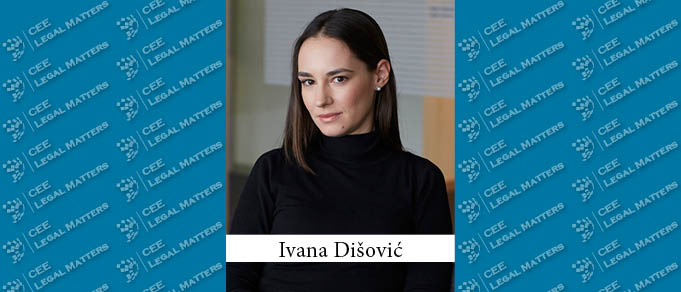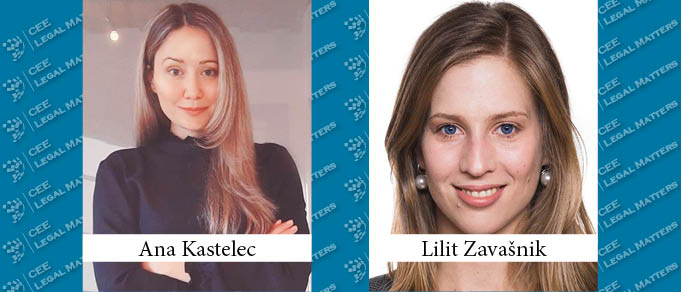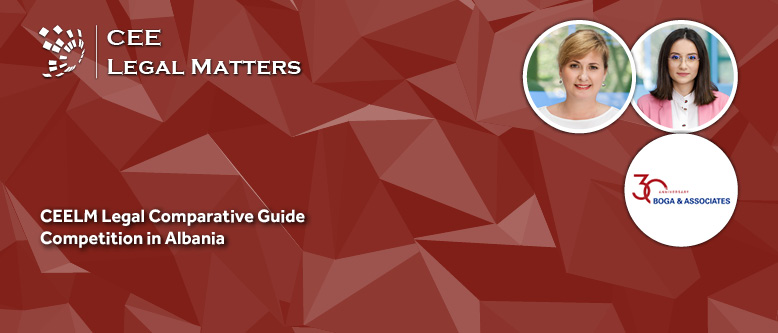Antoniya Markova, Daniela Petkova, Yoanna Ivanova, and Kostadinka Deleva have been appointed as Partners with Gugushev & Partners in Bulgaria.
New Residence Permit for “Digital Nomads”
In November 2021, a bill on the amendment of Act II of 2007 on the Entry and Stay of Third-Country Nationals in Hungary was accepted by the Parliament. The purpose of the modification is to create a new type of residence permit for “digital nomads” and it will enter into force on 1 January 2022.
Hungarian Constitutional Court May Scrap Mandatory Vaccination
At the end of October 2021, the Hungarian Government decided to take new protection measures to contain the fourth wave of the coronavirus outbreak, as a result, from 1 November 2021 employers have the right to require their employees to be mandatorily vaccinated. This means that to increase vaccination coverage and to protect workplaces, the Government allows employers to require their employees to be vaccinated against coronavirus as a condition of employment, either as a standard working condition for all employees or as an individual working condition depending on the job. For employees who have not yet been vaccinated, the employer may set a 45-day deadline for the first vaccination. Employers who require vaccination must inform the employee of the measure, the deadline and the possible legal consequences of not vaccinating, either electronically (in e-mail) or on paper. Furthermore, an employee who is medically certified as contra-indicated to be vaccinated against the coronavirus cannot expected to be vaccinated.
Possibility to Request Confirmation of Vaccination by Employers in Slovakia
The possibility of the employer to investigate whether its employees are vaccinated against COVID-19 was subject of heated debate in Slovakia. The prevailing view was the employer could not request such information from them as allegedly there was no legal basis for it in the Labour Code or other regulations. Surprisingly, such view was also supported by the Slovak National Inspectorate of Labour that claimed it should be up to the employees whether they inform the employer about their vaccination. There were also discussions whether obtaining such information by the employer complies with the GDPR.
Non-competition Clause After the Termination of the Employment Contract
The Labour Law contains only 2 articles related the non-competition clause.
International Franchise Handbook: Focus on Slovenia
Franchising may be an attractive proposition for many companies wishing to expand internationally. Take a look at this overview to discover the applicable franchise law in Slovenia, covering the essentials for franchisors, the relevant areas of law, selected aspects such as fees, and dispute resolution and applicable law.
(Non)Use of Diacritics and Right to Correction of Incorrect Personal Data
On October 9, 2019, the Court of Appeal of Brussels passed judgment 2019/AR/1006 whereby it established, pursuant to and in accordance with Article 16 of the General Data Protection Regulation (“GDPR”), that banks are obliged to use correct diacritics when spelling clients’ names, since these are personal data, and therefore subject to accurate writing.


